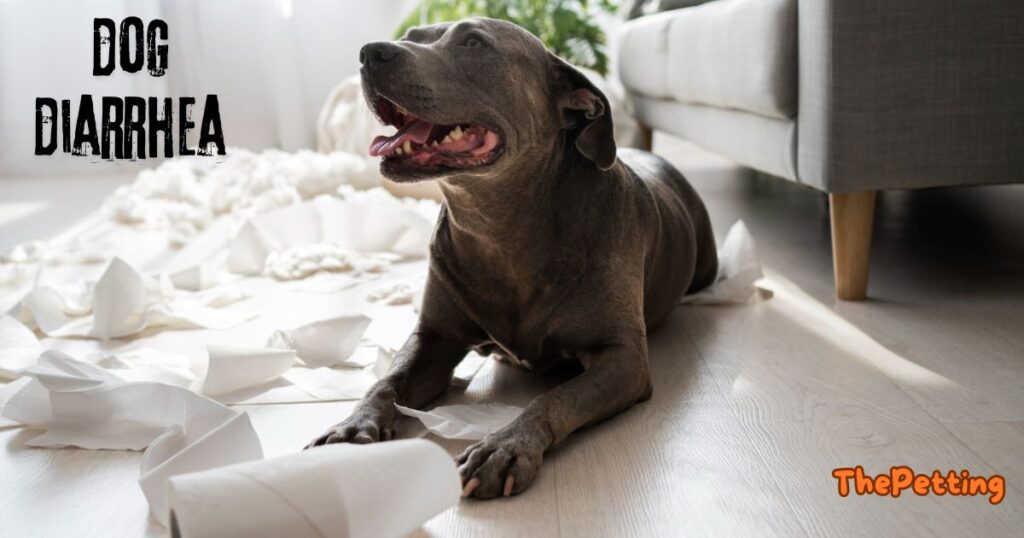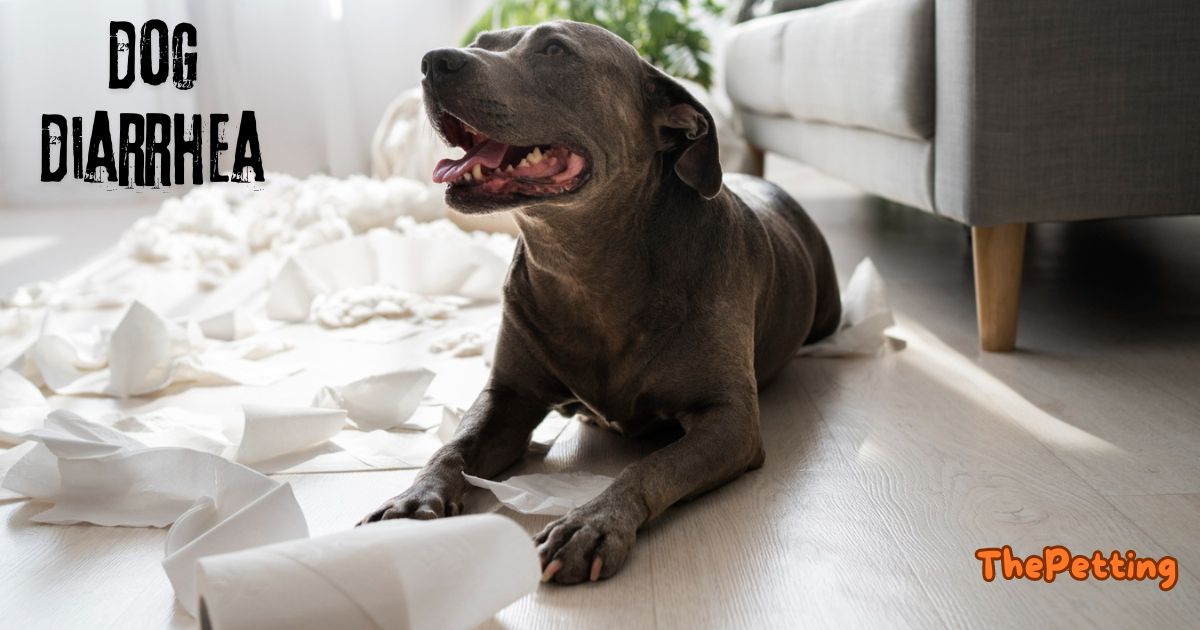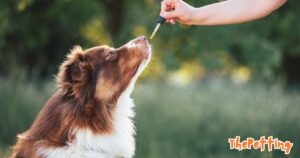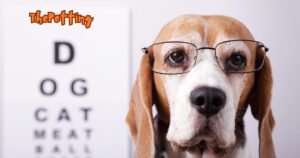Dog diarrhea is a common issue that many pet owners face at some point. It can be distressing to see your furry friend uncomfortable, and it’s natural to want to resolve the issue quickly. However, many pet owners inadvertently make mistakes that can either prolong the problem or make it worse. In this comprehensive guide, we’ll explore the common mistakes pet owners make with dog diarrhea and offer practical advice on how to avoid them.
Read also about Long Haired Dachshund Care Tips

Understanding Dog Diarrhea
What Causes Diarrhea in Dogs?
Dog diarrhea can be caused by various factors including dietary indiscretion, infections, allergies, and more. Understanding the underlying cause is crucial for effective treatment. Here are some common causes:
- Dietary Changes: Sudden changes in food or treats
- Infections: Bacterial or viral infections
- Parasites: Worms or other parasites
- Allergies: Food or environmental allergies
- Toxins: Ingesting harmful substances
When to Seek Veterinary Help
Diarrhea can sometimes be a sign of a serious health issue. If your dog’s diarrhea persists for more than 48 hours, is accompanied by vomiting, lethargy, or blood, or if your dog is very young, old, or has underlying health issues, seek veterinary care immediately.
Common Mistakes Pet Owners Make
1. Ignoring the Severity
Why It Matters
Some pet owners downplay the seriousness of diarrhea, assuming it’s a minor issue that will resolve on its own. However, persistent diarrhea can lead to dehydration and other complications, making it essential to address it promptly.
Signs to Watch For
- Frequent bowel movements
- Change in stool color or consistency
- Signs of discomfort or pain
2. Not Adjusting the Diet
How Diet Affects Diarrhea
A common mistake is not adjusting the dog’s diet when diarrhea occurs. Continuing with regular food or giving treats can exacerbate the issue.
What to Do
- Fast Your Dog: Withhold food for 12-24 hours to allow the digestive system to rest.
- Introduce a Bland Diet: After fasting, offer a bland diet such as boiled chicken and rice.
3. Using Over-the-Counter Medications
Why It Can Be Harmful
Some pet owners use over-the-counter human medications to treat their dog’s diarrhea, which can be dangerous and ineffective. Dogs have different metabolisms and what works for humans may not be safe for them.
Safe Alternatives
- Consult Your Vet: Always consult with your veterinarian before administering any medication.
- Probiotics: Your vet may recommend probiotics to help restore healthy gut bacteria.
4. Not Hydrating Properly
Importance of Hydration
Diarrhea can quickly lead to dehydration, especially if it’s severe or prolonged. Failing to ensure your dog stays hydrated is a critical mistake.
Hydration Tips
- Provide Fresh Water: Ensure your dog always has access to clean, fresh water.
- Electrolyte Solutions: Your vet might suggest an electrolyte solution for dogs.
5. Overfeeding During Recovery
Why Less Is More
After a period of diarrhea, some pet owners make the mistake of overfeeding their dog, thinking it will help them recover faster. This can irritate the digestive system further.
Feeding Guidelines
- Small, Frequent Meals: Gradually reintroduce regular food in small amounts.
- Monitor Your Dog: Watch for any signs of discomfort or further issues.
6. Failing to Monitor for Additional Symptoms
Why Ongoing Observation Matters
If diarrhea is accompanied by other symptoms like vomiting, lethargy, or weight loss, it can indicate a more serious problem. Ignoring these symptoms can delay proper treatment.
What to Look For
- Behavior Changes: Monitor changes in activity level or behavior.
- Additional Symptoms: Keep an eye out for signs of illness beyond diarrhea.
7. Not Keeping a Stool Diary
Why Tracking Is Important
Many pet owners fail to keep a record of their dog’s diarrhea, including frequency, consistency, and any other symptoms. This information can be crucial for your vet to diagnose the problem.
How to Track
- Record Details: Note the date, time, and description of each bowel movement.
- Note Other Symptoms: Include any additional symptoms or changes in behavior.
8. Not Following Vet Recommendations
Importance of Adherence
If your vet provides specific treatment recommendations or dietary changes, not following them can hinder your dog’s recovery. Consistent adherence to vet advice is crucial.
Steps to Follow
- Follow Instructions: Adhere strictly to the treatment plan given by your vet.
- Ask Questions: Clarify any doubts with your vet to ensure you understand the instructions.
9. Skipping Preventative Measures
Preventative Care
Once the diarrhea resolves, some owners overlook preventative measures that could help avoid future issues. This includes proper diet, parasite control, and regular check-ups.
Preventative Tips
- Maintain a Balanced Diet: Avoid sudden changes and provide a balanced diet.
- Regular Vet Visits: Schedule routine check-ups to monitor your dog’s health.
10. Ignoring Potential Environmental Causes
Environmental Factors
Sometimes, environmental factors such as exposure to toxins or unsanitary conditions can contribute to diarrhea. Overlooking these factors can lead to recurring issues.
Environmental Controls
- Ensure Cleanliness: Keep your dog’s environment clean and free of potential toxins.
- Monitor Exposure: Be aware of any changes in their environment that might affect their health.
Conclusion
Understanding and addressing the common mistakes pet owners make with dog diarrhea is crucial for ensuring your furry friend’s health and comfort. By considering the causes of disease and by paying attention to diet, hydration, and veterinary guidance, you can effectively manage and prevent diarrhea in dogs. Remember, prompt action and proper care are key to maintaining your dog’s well-being.
FAQs
1. How long should I withhold food from my dog with diarrhea?
Withhold food for 12-24 hours to allow their digestive system to rest.
2. What bland diet is best for a dog recovering from diarrhea?
Boiled chicken and rice are commonly recommended as a bland diet.
3. Can I use human medications to treat my dog’s diarrhea?
No, always consult with your vet before giving any medication to your dog.
4. How can I tell if my dog is dehydrated from diarrhea?
Look for signs such as dry gums, lethargy, and sunken eyes.
5. What should I do if my dog’s diarrhea persists despite treatment?
If diarrhea continues for more than 48 hours or is accompanied by other symptoms, seek veterinary care immediately.








